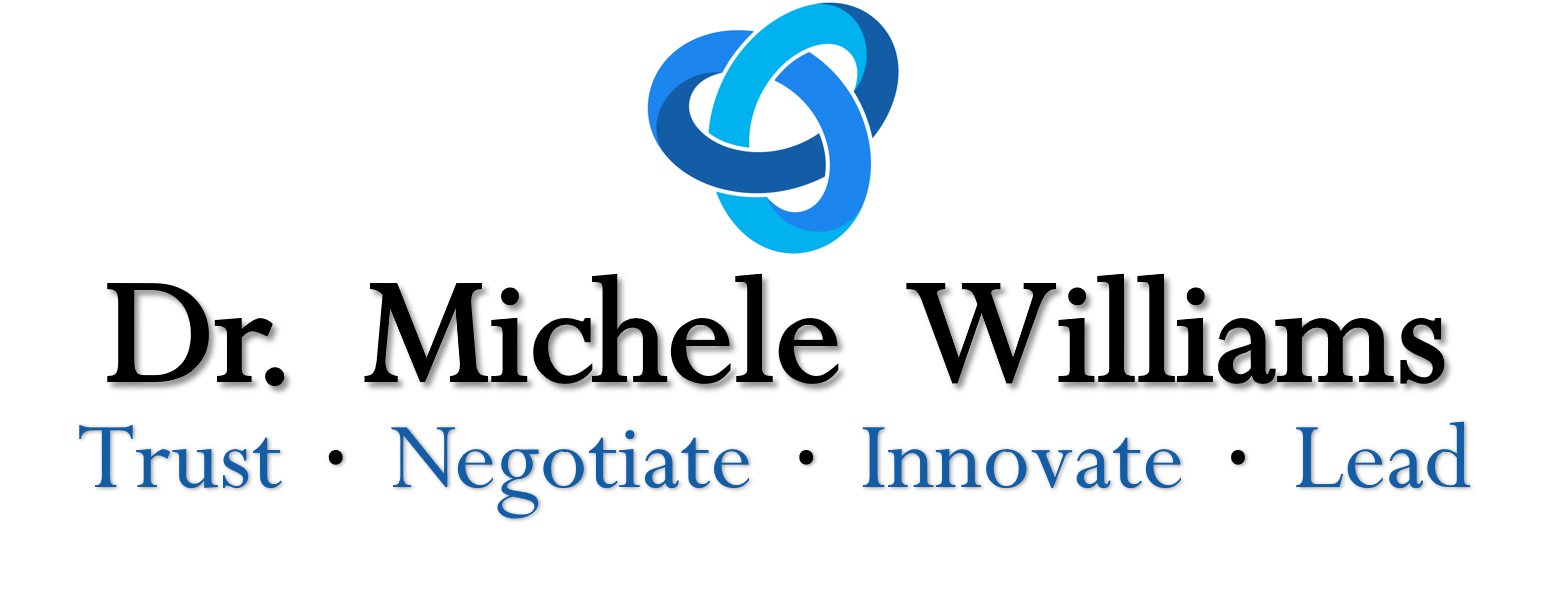Negotiations Basics

Negotiation is an essential skill that we employ in various aspects of our lives, from everyday interactions to high-stakes business deals. While negotiation may seem like a simple task, there are underlying principles and tactics that can greatly enhance our effectiveness.
So, it’s time to get back to the basics!
If you are eager to enhance your negotiation skills and take your professional game to the next level, you may need to get back to basics because no matter how much one reads or learns about negotiations, there is always a knowing-doing gap.
Do you sometimes think of the perfect thing to say or the perfect offer to make after the fact? That’s what happens when you know what to do but time pressure, emotions, or lack of preparation prevent you from leveraging your knowledge.
Because negotiation is an indispensable skill in today’s dynamic business world, we are excited to share this refresher—some valuable insights on the fundamentals of negotiation that you will want to put back into practice.
These ten tips will empower you in any professional scenario. Let’s dive in!

1. Preparation is Key – Successful negotiations are not merely about quick-witted responses; they are grounded in thorough preparation. Even if you only have a few minutes to prepare, take the time to think about your interests, their interests, and alternatives. If you have more time, understand your objectives, research the other party’s interests, and anticipate potential outcomes. Knowledge is power!
2. Active Listening – The foundation of effective negotiation lies in active listening. It’s crucial to grasp the concerns, desires, and pain points of the other party. By showing genuine interest, you can build rapport and foster a cooperative atmosphere.

3. Win-Win Mindset – Move away from the win-lose mentality and adopt a win-win approach. Seek solutions that address the interests of both parties, creating a mutually beneficial agreement that strengthens relationships for the long term.
4. Patience & Flexibility – Negotiations can be complex, and not every deal is struck instantly. Cultivate patience and flexibility to explore alternatives and find creative solutions. Sometimes the best deals come after overcoming obstacles. Seek to keep the lines of communication open.

5. Effective Communication – Clear and concise communication is pivotal in negotiations. Express your thoughts in a culturally appropriate manner, and don’t be afraid to ask questions to ensure clarity and prevent misunderstandings.
6. Power of Body Language – Non-verbal cues speak volumes during negotiations. Maintain confident body language, maintain eye contact, and be mindful of your gestures. Also, pay attention to the other party’s non-verbal signals to gauge their reactions. If you haven’t paid much attention to your own non-verbals in the past, the Ted Talk by Amy Cuddy on body language is a great place to start.

7. Handling Objections – Expect objections and be prepared to address them. Acknowledge the concerns of the other party and respond with active listening. Objections can give you important information about the other party’s real interests and values.
8. Know When to Walk Away – Not every negotiation leads to a beneficial outcome. You may have a better alternative available to you. Know your alternatives and be ready to recognize when it’s time to walk away from a deal.

9. Post-Negotiation Review – After reaching an agreement, take the time to evaluate the negotiation process. I always recommend that my clients keep a negotiation journal to identify strengths and areas for improvement. Continuous learning is the key to refining your negotiation skills.
10. Seek Feedback – Don’t hesitate to seek feedback from experienced negotiators or mentors. Their insights can be invaluable in honing your approach and learning from their expertise.
Remember, negotiation is an evolving skill, and practice makes perfect. Invest in yourself and commit to crushing the negotiation knowing-doing gap!

